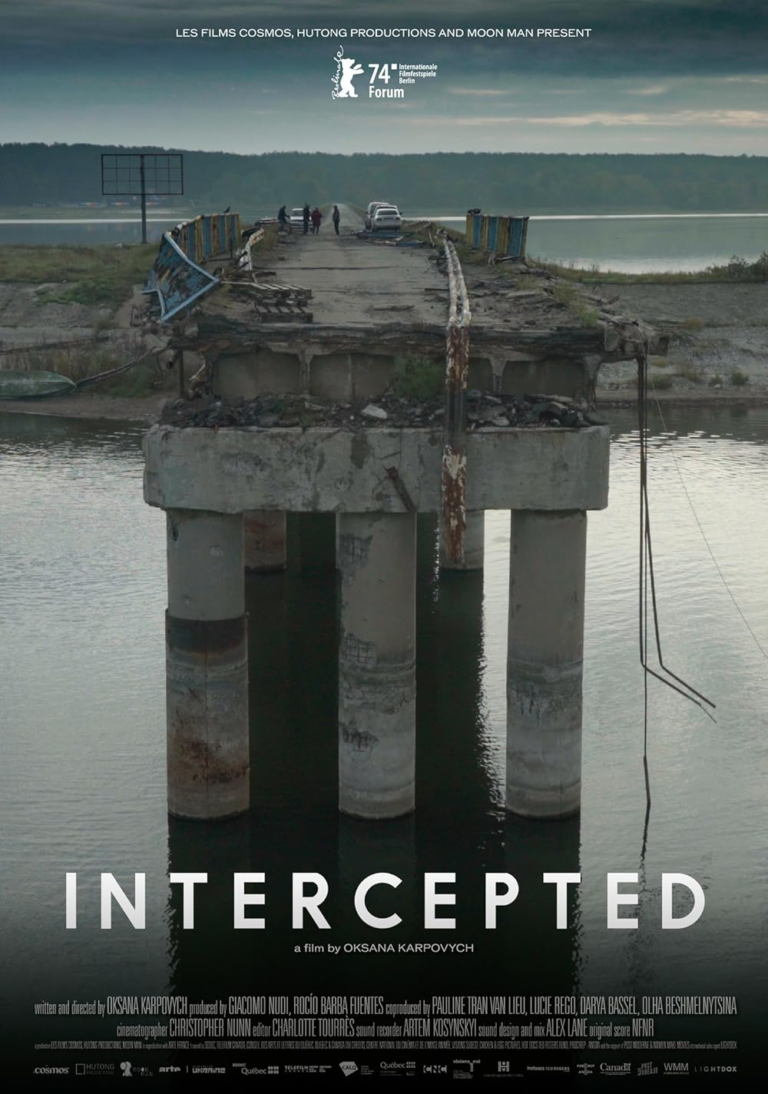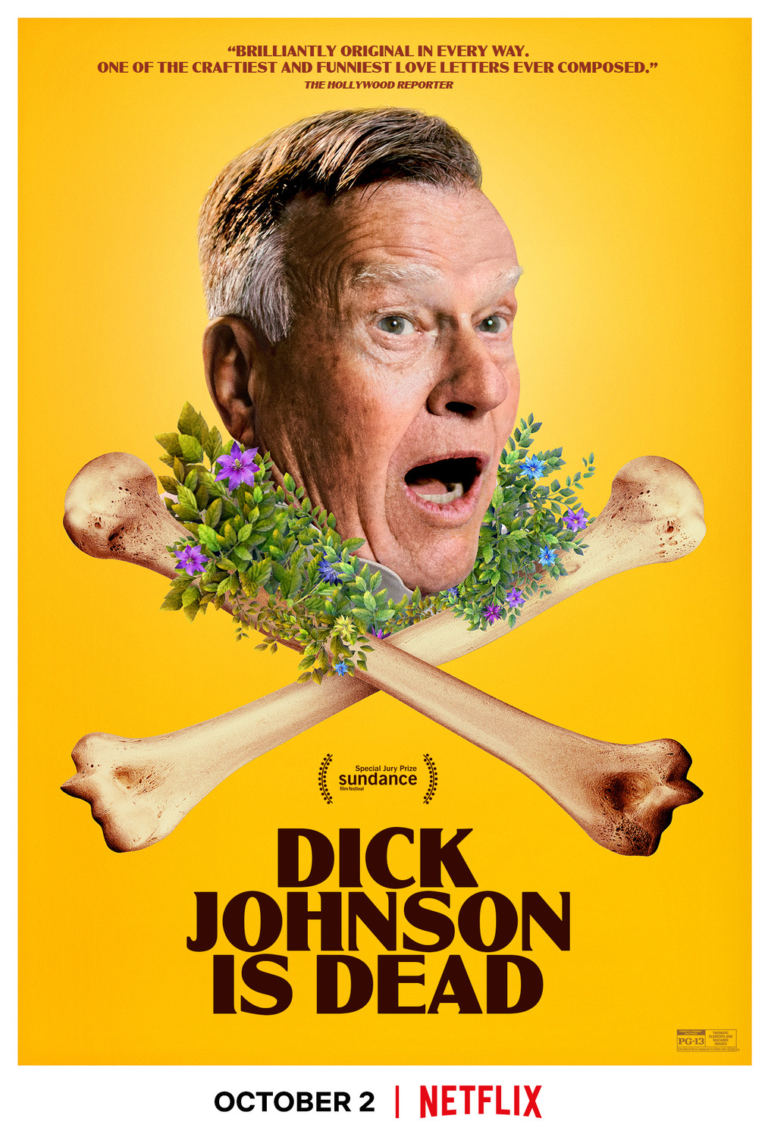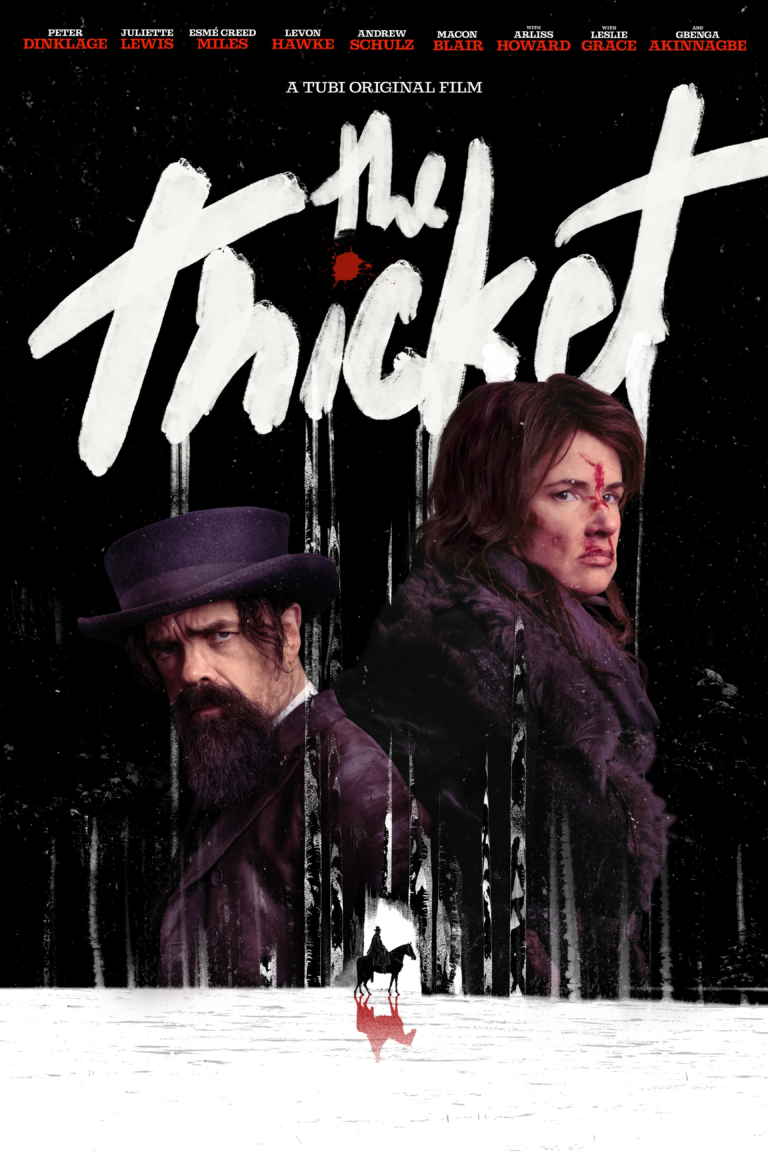Casablanca Christian Review

You ever notice how some movies just stick with you? Casablanca is one of those. Sure, it’s been called the “greatest film ever made” so many times that the title feels a little stuffy now, but don’t let that fool you. This movie isn’t great because it’s perfect, and it’s certainly not great because of its polished narrative. It’s great because it feels alive, like a real story playing out in real time, with all the messiness, ambiguity, and heartbreak that comes with being human. As Christians, we might find ourselves particularly drawn to this film—not just for its romance, but for the moral undercurrent running through it, the layers of sacrifice and integrity that make it so compelling.
Rick Blaine. Where do you even start with him? Humphrey Bogart nailed this role in a way that makes Rick one of the most fascinating characters in movie history. He’s bitter, cynical, and maybe even a little cold-hearted at first glance. This guy runs a bar in Casablanca, a city that feels like purgatory—a place where no one’s sure where they stand in the larger conflict of the world war surrounding them. And in that gray, uncertain space, Rick seems comfortable. “I stick my neck out for nobody,” he says, and you believe him. Here’s a man who’s decided that love and selflessness are things of the past, that surviving means hardening yourself against the world.
But of course, that’s not really Rick. Not at his core. And the film does this incredible job of slowly unraveling him, showing us that he’s more than his tough exterior. It’s one of those stories where the journey is all about redemption, even if you don’t realize it at first. As Christians, we’re pretty familiar with that kind of story, aren’t we? People don’t just change overnight, but God works in the heart slowly, through circumstances, through relationships, and sometimes through moments of deep sacrifice. That’s Rick. He doesn’t wear his heart on his sleeve, but when it matters most, he steps up. He’s willing to sacrifice his own happiness, even his love, for something greater.
And speaking of love—let’s talk about Ilsa. Ingrid Bergman as Ilsa Lund is unforgettable. She’s luminous, yes, but her character carries this heavy weight of uncertainty and conflict. She loves Rick, but she’s married to Victor Laszlo, a Resistance leader fighting against the Nazis. Ilsa’s torn between her love for Rick and her loyalty to her husband and the greater cause he represents. It’s a complicated love triangle, but what makes it even more compelling from a Christian perspective is how much it’s not about selfish desires or shallow feelings. It’s about choosing what’s right, even when it hurts.
The romance here isn’t the sappy, Hollywood kind. It’s tragic, in a way that feels almost biblical. Think about it—how often do we see examples of love in Scripture that are about sacrifice rather than fulfillment? Whether it’s the story of Christ laying down His life for the Church, or Ruth sticking with Naomi through thick and thin, the Bible is full of relationships that are defined by selflessness. And that’s what Casablanca shows us, too. Rick and Ilsa’s love is real, but in the end, they both know that it has to be sacrificed for a higher purpose.
And that’s what makes Rick’s final decision so powerful. In the film’s famous airport scene, Rick lets Ilsa go. He could’ve run away with her, left the war and the complications of her marriage behind, but he doesn’t. “Here’s looking at you, kid,” he says, but there’s so much more in those words. He’s letting go, and in doing so, he’s choosing to do the right thing, even though it costs him the one thing he truly wants.
That moment—Rick sacrificing his love so that Ilsa can be with Laszlo and help in the fight against the Nazis—echoes the Christian idea of dying to yourself, of putting others first. In that decision, Rick moves from being a cynical bystander to a man of integrity, someone who’s willing to do the right thing even if it’s painful. That’s what makes Casablanca more than just a romance. It’s a story about redemption, about choosing the greater good, and about finding your way back to your better self when the world has tried to make you hard.
And what about Laszlo? This guy is the moral compass of the film. He’s almost too good, in a way—brave, noble, completely dedicated to his cause. In some ways, he feels like a Christ figure. He’s a beacon of hope in a dark world, and he’s willing to put his life on the line for what he believes in. Laszlo’s love for Ilsa is more about her as a partner in his mission than about keeping her to himself. And while that makes him a bit less romantically appealing than Rick, it also shows a kind of love that goes beyond personal desire. He knows there’s something bigger at stake than just the two of them.
But what really stands out about Casablanca is how it captures the moral ambiguity of life during wartime. This isn’t a world where good and evil are easily defined, where people wear their principles on their sleeves. It’s a world where survival often means compromise, where people are forced into difficult, sometimes morally questionable decisions. And yet, in the middle of all this murkiness, you have characters who manage to hold on to their integrity—or, in Rick’s case, find it again. It’s this theme of holding on to your values, even when it’s hard, that resonates so deeply with a Christian worldview. Life isn’t always black and white, but that doesn’t mean we can’t strive to live in the light.
The dialogue, though, that’s something else entirely. It’s so sharp, so cynical, and yet somehow timeless. Lines like, “Of all the gin joints in all the towns in all the world, she walks into mine,” or “We’ll always have Paris,” have been quoted and re-quoted, but they never get old. There’s something almost biblical about the way Casablanca’s dialogue works—it’s simple, direct, but loaded with meaning. Much like the parables of Jesus, the words say one thing on the surface but carry layers of deeper truth beneath them.
Then there’s the setting of Casablanca itself—a city on the edge of everything. It’s a liminal space, a place of waiting, uncertainty, and transition. Isn’t that how we often feel in this world, as Christians? We’re living in a kind of in-between, caught between the brokenness of this world and the hope of what’s to come. Casablanca, the city, becomes a metaphor for that liminality, for the way we often find ourselves waiting for something better while trying to make the right choices in the here and now.
At the end of the day, Casablanca isn’t just a movie about World War II, or a love story, or even a morality tale. It’s all of those things, but it’s also a film about what it means to be human, to wrestle with our desires, our duty, and our need for redemption. It’s a film that leaves you thinking long after the credits roll, because it taps into something universal, something that’s as relevant today as it was back in 1942.
So, how does it stack up from a Christian perspective? It’s not perfect, but then again, neither are the best stories. Life’s messy, complicated, and full of choices that aren’t always easy. But Casablanca reminds us that even in the mess, we can find moments of grace, redemption, and love that’s bigger than ourselves. I’d give it a 9 out of 10. It’s a film that not only entertains but challenges us to think about what it really means to live with integrity in a broken world.






